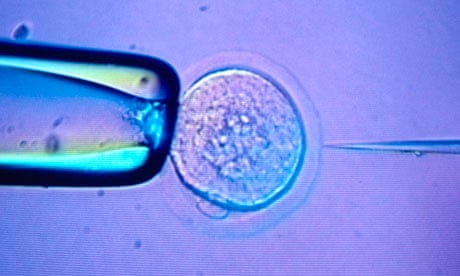What makes a good science story?
There's no one-size-fits-all rule, since stories come in many flavours, shapes, colours and sizes. There are Eureka moments, disasters, personal battles, amazing discoveries, baffling mysteries, power struggles, quirky findings, weird insights, you name it. Here's one way you can tell: if you find yourself excitedly recounting a story to a friend who cares not one jot for science, and they don't reach for their beer in despair, or start twiddling with their mobile phone, you're in business.
What do you need to know to write well about science?
Whatever the subject, angle, tone, length or style, your story has to tickle the fancy of your readers and maintain their interest to the very last word. The aim is not to impress a professor with your knowledge, amaze your mum or to get something off your chest. Think hard about your intended audience. They may be ignorant but they are rarely stupid. They have all kinds of interests and preoccupations and, when it comes to getting their attention, these are the best places to start. Remember that they always have better things to do with their time. If you don't grab them with your first sentence, you might as well give up.
How do you choose your opening line?
Make sure that it hooks your intended victim from the very first word. Don't forget that it has to mark the start of a linear, logical narrative that cuts a clear path through what is often a very tangled and complex reality. You need to have figured out the best angle before you write that first line and, as a result, it is the hardest line you're going to write.
How do you get the best out of an interviewee?
Just remember who you are there to represent: the reader. You are not trying to impress, but to ask questions that are calculated to make your interviewee explain a story in a way that informs your reader, that adds colour, and provides the ammunition you need to amuse and entertain them too, not just with words but graphics, boxes, timelines and images. Above all else, it has to connect with your readers. That's why, at a medical conference, one of the IVF pioneers was asked by a journalist from the Sun: "What did it feel like to fertilise the eggs of your patients with your own sperm and watch the death of your offspring under the microscope?"
How do you use metaphors and analogies in a story?
Metaphors can help create the illusion of understanding but try not to make them contrived and remember that they quickly break down. Never mix 'em.
What do you leave out of your stories?
Anything that draws the reader's attention away from the central point you are trying to make along with jargon, pomposity, obscure references, muddled ideas, tangled narratives, lazy adjectives, Latin and convoluted sentences.
How do you stay objective and balanced as a writer? Should you?
Despite much pontificating about journalists who write "the truth", the reality is that only one person knows the Truth and He/She does not exist. The best you can do is aim for the truth. Attempt to present the few facts you have uncovered and be as honest and fair as possible in describing your hazy, parochial glimpse of the truth. There are often many sides to a story, so cover them too.
What's the biggest potential pitfall when writing about science?
Ensuring that it is interesting, clear and simple enough to grip a general reader yet accurate enough to satisfy a Nobel prizewinner.
Roger Highfield is director of external affairs at the Science Museum in London.
Read some Roger Highfield – we like Sir Paul Nurse: Geneticist inherits a mystery and Stephen Hawking: driven by a cosmic force of will, both published in the Telegraph.

Comments (…)
Sign in or create your Guardian account to join the discussion